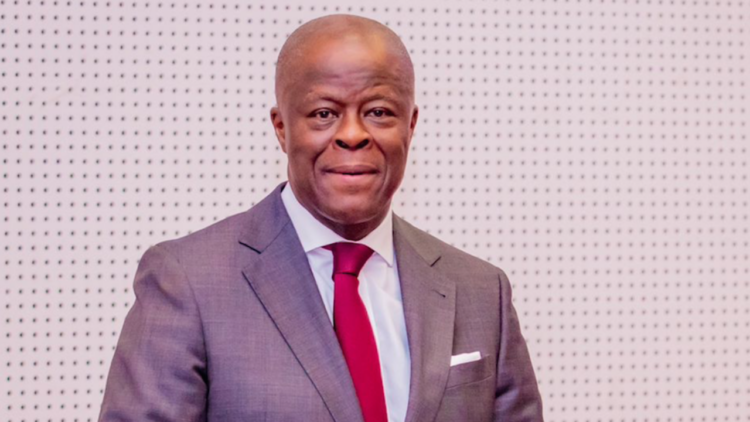Minister of finance and coordinating minister of the economy, Mr Wale Edun, has promised that the federal government will sustain the World Bank intervention programmes in Nigeria.
He said among others, the federal government’s programme tagged: “States Action on Business Enabling Reforms (SABER)” is aimed at enhancing ease of doing business by providing an enabling environment through the removal of existing bottlenecks.
Edu spoke in Asaba, the Delta State capital at the opening of a two-day retreat for members of the Federation Account Allocation Committee (FAAC).
He said the programme is expected to run from 2024 to 2026 in collaboration with the World Bank.
The retreat which was declared open by Delta State governor, Sheriff Oborevwori, has as its theme: “Creating Resilient Economy Through Diversification of the Nation’s Revenue.”
Represented by the permanent secretary (Special Duties) at the Federal Ministry of Finance, Okokon Udo, the minister said other intervention programmes from World Bank and other international organisations would be sustained.
He assured that the federal government would also collaborate with states to enhance capacity in mobilisation of domestic revenue to support the development of vital sectors of the economy such as health, agriculture and SMEs to further stimulate economic growth, create job opportunities for teeming youth population and alleviate poverty.
On economic reforms by the President Bola Tinubu-led administration, he said it included the removal of petroleum subsidy and other monetary reform and noted that the government was not oblivious of the untold hardship being experienced by Nigerians.
“It always acknowledges with deep concern the challenges encountered by Nigerians in coping with not only the high cost of petrol but also the general increase in the prices of goods and services.
“I am happy to reaffirm that all the sacrifices made by people will never be in vain as the government is bent on ensuring that the economy bounces back to normal as we continue to consolidate the recovery efforts with focus on achieving inclusive economic growth and development,” he said.
However, Edun said the administration has also put in place palliative measures to cushion “the unintended economic consequences of the on-going reforms.”
Declaring the retreat open, Governor Oborevwori, represented by his deputy, Monday Onyeme, noted that past efforts to diversify the economy did not yield the best results.
“Dating back to 1962 when the first National Development Plan was launched, Nigeria has struggled to rise to the challenge of economic diversification.
“Since the turn of the century, we have had the National Economic Empowerment and Development Strategy (NEEDS), Vision 20:2020, and Economic Recovery and Growth Plan, all of which were aimed at achieving economic self-reliance, developing non-oil exports, and building a globally competitive economy. Sadly, diversification has remained largely elusive.
“The COVID-19 pandemic, the persistent inflation which currently stands at 30%, worsening macroeconomic instability, foreign exchange rate volatility, and a rapidly growing population, highlight the need for Nigeria to urgently diversify its economy,” he said.



